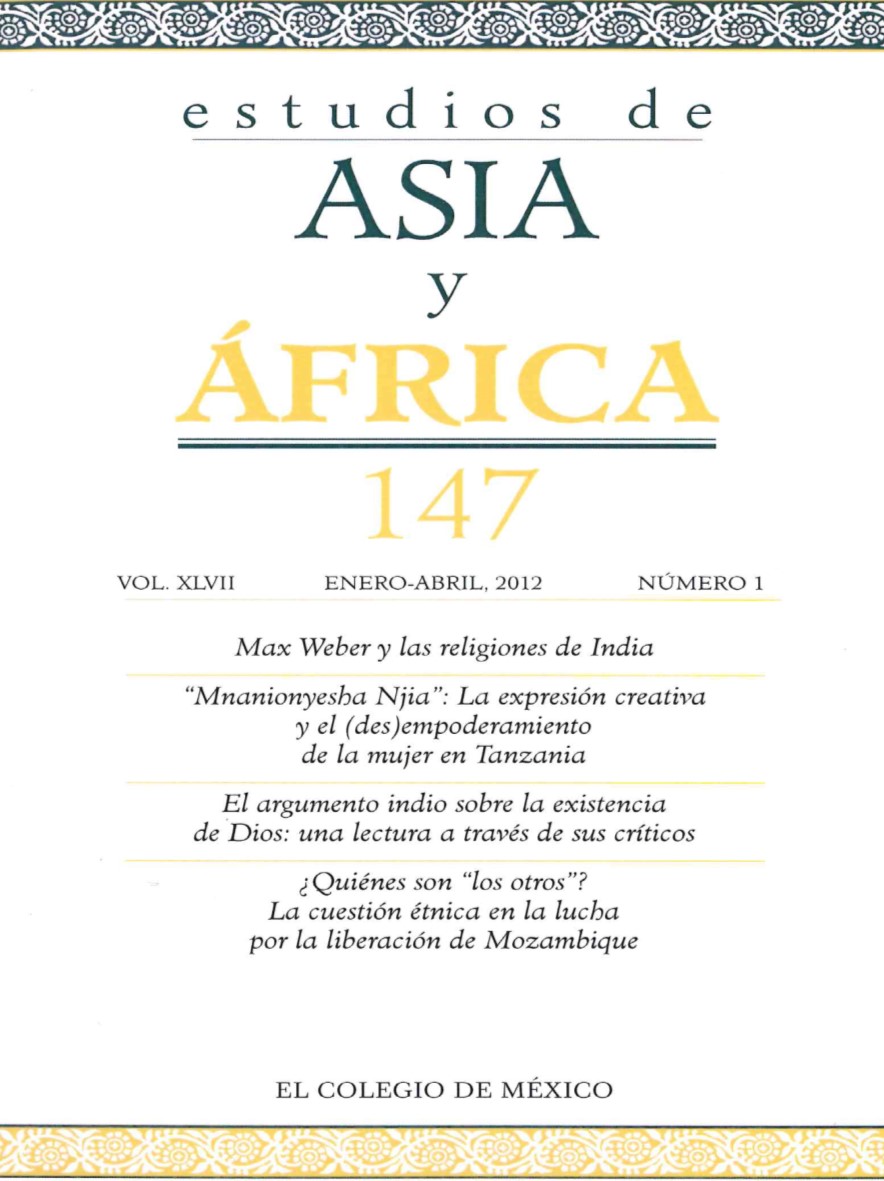Abstract
Just like other Portuguese colonies, Mozambique would achieve its independence later than other African colonies (1975). It has been stated (Chamberlain, 1997) that there is a relationship between certain metropolis' intransigence to develop decolonization processes, and the emergence, in those same cases, of radical liberation movements, even of powerful Marxist parties (MPLA in Angola, Vietminh in Vietnam, and others). Mozambique is an example of that relationship. In some African countries like South Africa and Rhodesia (Zimbabwe), the centrality acquired by the ethnic cleavage’s instrumentation became evident as we looked at the government elites and their policies, which situated them as regimes dominated by a minority of white settlers. Mozambique, on the contrary, just like Angola, had not been a settling colony for the Portuguese population, neither had they known such a crossbreeding process as the one seen in Cabo Verde. Nevertheless, the ethnic issue comes to light in the struggle for independence: Portugal was then assisted by South Africa to continue resisting Angola’s and Mozambique’s liberation movements. This article is set to approach the ethnicity issue in the case of Mozambique’s independence. We will trace the ways this issue appeared in frelimo’s statements, in a context that is particularly interesting for that issue, given that FRELIMO would be one of the African liberation movements that soon adopted some of the Marxist postulates and approached the USSR, thus becoming a strategic spot in the Cold War.This work is licensed under a Creative Commons Attribution-NonCommercial-NoDerivatives 4.0 International License
Copyright 2022 Estudios de Asia y África


